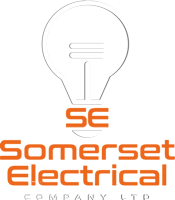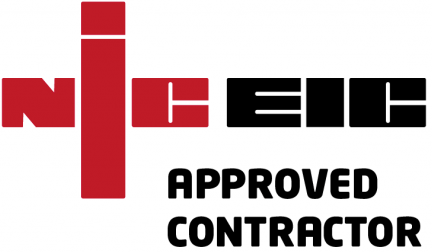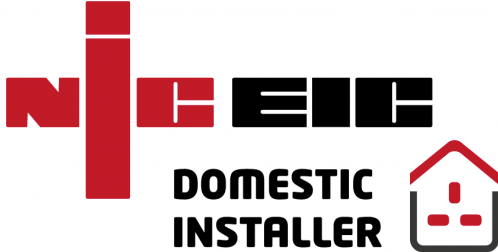Accreditations
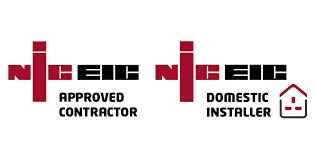
The NICEIC (National Inspection Council for Electrical Installation Contracting) is an organization in the UK that offers certification for firms and contractors working within the electrical industry. Being an NICEIC approved contractor signifies that the contractor has met specific standards of electrical safety and competence. Approval is often seen as a mark of quality, demonstrating to clients and customers that the contractor is capable of carrying out electrical work to a high standard.
To become an NICEIC approved contractor, a business must undergo a rigorous assessment process. This includes an evaluation of sample work, premises, documentation, equipment, and the competence of their supervisory staff and electricians. They must also demonstrate compliance with the national safety standard (BS 7671) and other applicable codes. Once approved, contractors are regularly reassessed to ensure continued compliance.

The NICEIC (National Inspection Council for Electrical Installation Contracting) also has a scheme specifically designed for contractors who carry out work in domestic settings. This scheme is known as the “NICEIC Domestic Installer Scheme” and is intended for electricians working within people’s homes, focusing on ensuring that they comply with the Part P of the Building Regulations in England and Wales, which covers the safety of electrical installations within domestic properties.
Being registered as an NICEIC Domestic Installer allows contractors to self-certify that their work complies with the relevant Building Regulations, streamlining the process by removing the need for a separate inspection by building control officers for each job. This can save both time and money for the homeowner.
The assessment process for becoming a NICEIC Domestic Installer includes checks on the contractor’s work, their knowledge of the Building Regulations, wiring regulations, and electrical safety, among other criteria. Like the Approved Contractor scheme, Domestic Installers are subject to annual assessments to ensure ongoing compliance and standards.
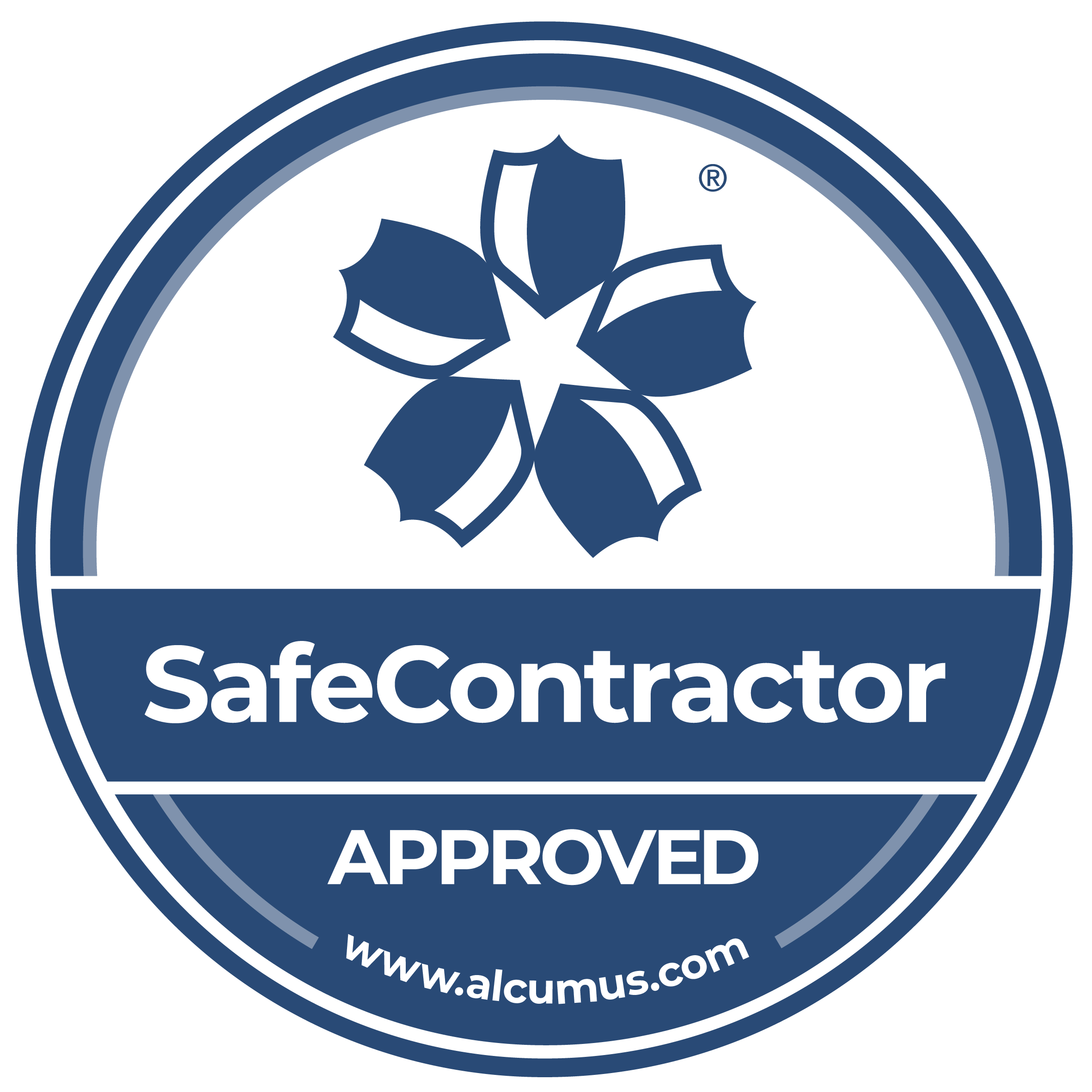
The SafeContractor scheme is a UK-based health and safety accreditation program that demonstrates a business’s commitment to maintaining high standards of health and safety management. Managed by Alcumus, the scheme is designed to help organizations manage and mitigate risks in their operations, showcasing to potential clients and partners that they adhere to specific health and safety standards.
Being SafeContractor approved is not specific to the electrical industry; it covers a wide range of sectors, including construction, manufacturing, and more. The accreditation is beneficial for contractors, service providers, and companies looking to establish their reputation for health and safety excellence, potentially increasing their opportunity to work with larger clients and on more significant projects.
To become SafeContractor approved, a company must undergo a thorough assessment process. This involves reviewing and auditing the company’s health and safety policies, procedures, and documentation to ensure they meet the SafeContractor Charter Standards. The assessment is tailored to the size and sector of the company, making it relevant to the specific risks associated with their line of work.
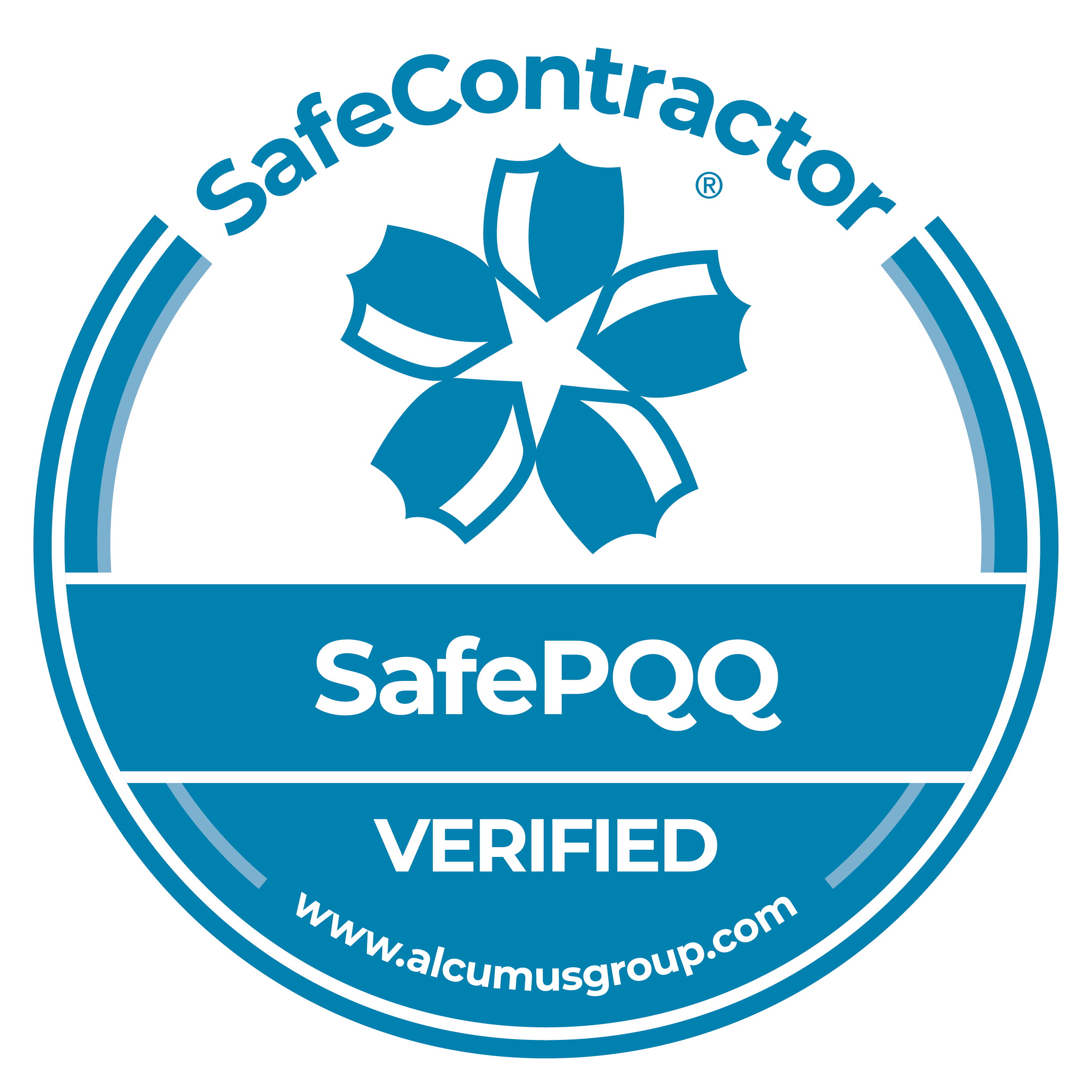
A PQQ (Pre-Qualification Questionnaire) is a common step in the procurement process, especially within industries where health, safety, environmental, and quality standards are critical. It’s a form of vetting used by clients to assess potential contractors or service providers before they are invited to tender for a specific contract. The PQQ gathers information about the company’s financial status, capabilities, experience, and, importantly, their health and safety credentials.
In the context of the SafeContractor scheme, being SafeContractor approved can significantly streamline the PQQ process for contractors. SafeContractor accreditation demonstrates that a contractor has met rigorous health and safety standards, which is a key component of many PQQs. Therefore, holding a SafeContractor approval can make a company more attractive to potential clients, as it provides an independently verified indication that the contractor is committed to maintaining high health and safety standards.
For businesses looking to bid for work, having SafeContractor accreditation can:
- Reduce Redundancy in PQQs: Since SafeContractor covers comprehensive health and safety assessments, businesses with this accreditation may find that they have to provide less documentation when completing PQQs, saving time and resources.
- Enhance Reputation: The accreditation is recognized and respected by many clients and main contractors, potentially giving accredited contractors an edge over competitors who do not have similar certifications.
- Increase Opportunities: Some clients may prefer or require their contractors to have such accreditations, meaning SafeContractor approval could open doors to new contracts and working relationships that might not otherwise be available.

The Electrical Contractors’ Association (ECA) is a leading trade association in the UK representing the interests of contractors who design, install, inspect, test, and maintain electrical and electronic equipment and services. The ECA provides support, advice, and resources to its members across various aspects of their business operations, including technical guidance, legal advice, training, and business development.
Membership in the ECA is recognized as a mark of quality and professionalism within the industry. It indicates that a contractor is committed to maintaining high standards of workmanship, safety, and business practice. Members are required to adhere to a strict code of conduct and are regularly assessed to ensure compliance with industry standards, including the British Standards (BS) and the Wiring Regulations (BS 7671).
The ECA offers several benefits to its members, such as:
- Technical support: Access to expert advice and guidance on electrical installations, regulations, and best practices.
- Business services: Advice on legal, commercial, and employment matters, including access to template documents and contracts.
- Training and development: Opportunities for professional development and training courses to stay up-to-date with the latest industry standards and technologies.
- Certification and assessment: Assistance with achieving and maintaining certifications like the NICEIC or ELECSA, which are crucial for demonstrating compliance and competence in the electrical industry.
- Industry representation: The ECA advocates on behalf of its members with government bodies, standards organizations, and other stakeholders, influencing policy and regulations that affect the electrical contracting industry.
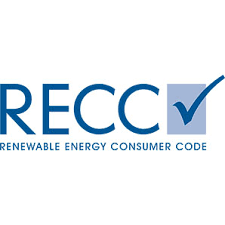
- Marketing and Advertising: Ensuring that all promotional material is clear, accurate, and not misleading.
- Pre-Contractual Information: Providing consumers with essential information before they enter into a contract, including detailed system performance estimates and financial implications.
- Contracts: Ensuring contracts are fair, written in clear language, and fully explain the terms of the deal, including prices, payment terms, and any guarantees or warranties.
- Performance and Quality Standards: Guaranteeing that the equipment supplied and installed meets relevant standards and that the work carried out is of high quality.
- After-Sales Service: Providing clear information on after-sales service, including warranties, guarantees, and maintenance arrangements.
- Complaints Handling: Implementing an effective and transparent process for dealing with complaints, including a clear procedure for consumers to follow if they are dissatisfied.

The Microgeneration Certification Scheme (MCS) is a nationally recognized quality assurance scheme in the United Kingdom, supported by the Department for Business, Energy & Industrial Strategy (BEIS). MCS certifies both microgeneration products and installers according to consistent standards, aiming to provide consumers with confidence in the environmental performance, reliability, and safety of their installations.
Microgeneration refers to the small-scale generation of heat and electricity power by individuals, small businesses, and communities to meet their own needs, often using renewable technologies such as solar panels (photovoltaic and thermal), wind turbines, biomass boilers, and air or ground source heat pumps.
Key aspects of MCS include:
- Certification of Products and Installers: MCS certifies that products and installers meet specific standards of quality and performance. This ensures that microgeneration technologies installed in homes and small businesses are efficient, safe, and capable of producing the amount of energy claimed.
- Consumer Protection: By choosing an MCS certified installer and products, consumers are protected by a framework designed to ensure they receive a high standard of service and installation. MCS also supports consumer confidence through clear information, and in case of disputes, provides an avenue for complaint resolution.
- Access to Financial Incentives: In many cases, the installation of MCS certified products and the use of MCS certified installers are prerequisites for homeowners and businesses to access government financial incentives aimed at encouraging the uptake of renewable energy technologies. These incentives have included the Feed-in Tariff (FiT), the Renewable Heat Incentive (RHI), and the Smart Export Guarantee (SEG).
- Quality and Performance: MCS standards cover the product design, performance, and installation process, ensuring that microgeneration technologies are installed to a high standard and perform as expected over time.
MCS plays a crucial role in ensuring the quality and reliability of small-scale renewable energy technologies in the UK. It helps to build consumer confidence in microgeneration, supports the growth of the renewable energy sector, and contributes to the broader goals of increasing energy security, reducing carbon emissions, and tackling climate change.
